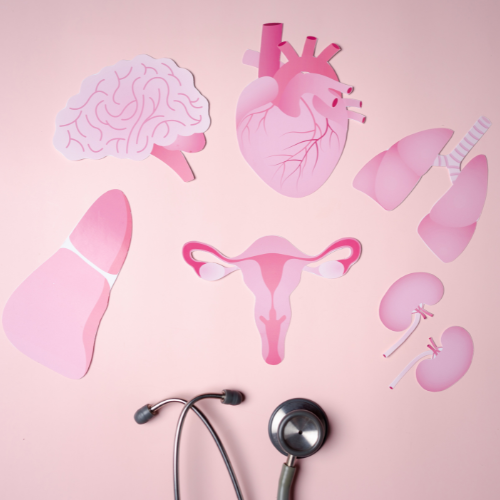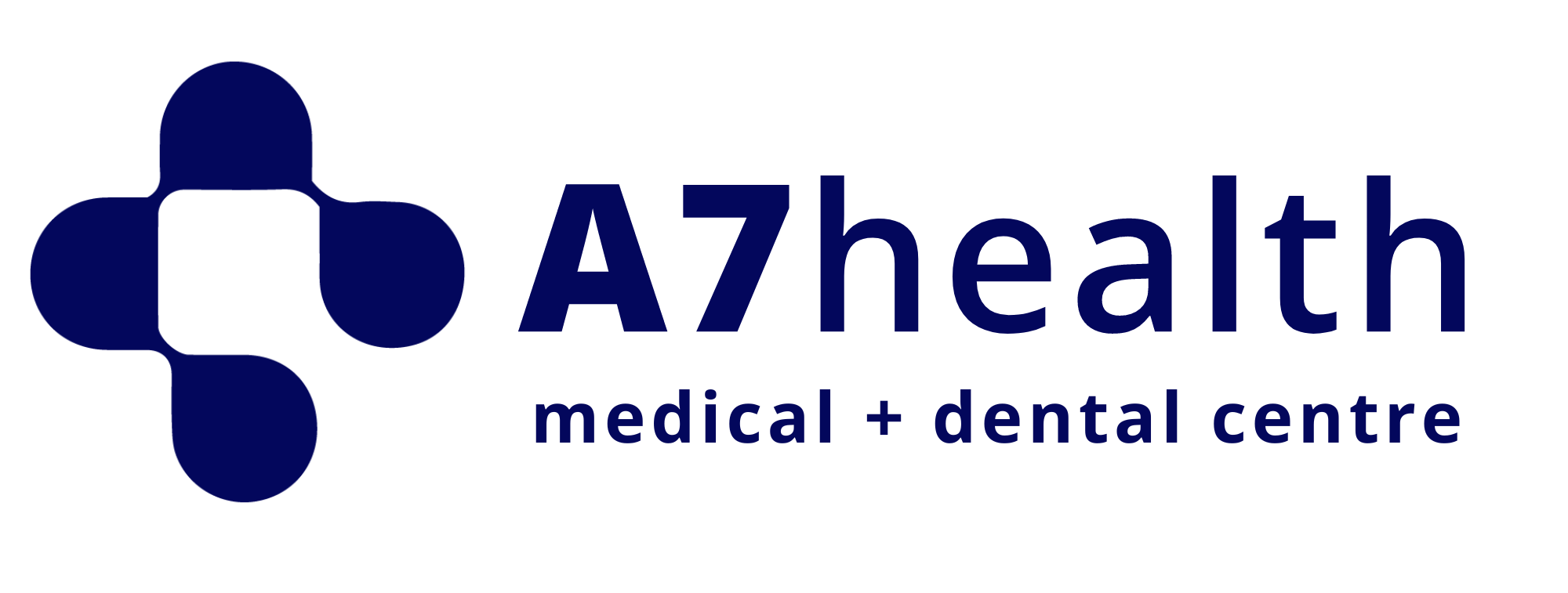Polycystic Ovary Syndrome (PCOS) and The Role of Exercise
Polycystic Ovary Syndrome (PCOS) is a hormonal disorder affecting individuals of reproductive age, characterized by irregular menstrual cycles, excess androgen levels, and cysts on the ovaries. While its exact cause is unclear, factors such as insulin resistance, hormonal imbalance, and genetics play significant roles.
PCOS symptoms can be managed with the correct exercises. Tailored physical activity regimens can improve insulin sensitivity, weight management, and overall well-being effectively. Request your appointment.

Symptoms of PCOS
Symptoms of PCOS vary widely and may include irregular periods, excessive hair growth, acne, weight gain, and fertility issues.
Treatment for PCOS
Treatment for PCOS aims to manage symptoms and reduce health risks associated with the condition. This often involves lifestyle modifications like diet and exercise to regulate insulin levels, medications to address specific symptoms like hormonal contraceptives or metformin, and fertility treatments for those trying to conceive.
The Role of Exercise in managing PCOS symptoms
Physical therapy can also play a supportive role in managing PCOS symptoms by focusing on exercise regimens tailored to improve insulin sensitivity, manage weight, and alleviate associated musculoskeletal issues. Incorporating physical activity into PCOS management can enhance overall well-being and contribute to better long-term health outcomes. Request your appointment.
Treatment at A7 Health for PCOS symptoms:
Get Treatment for PCOS symptoms – Book an appointment with a Biokineticist at A7 Health to manage your symptoms and improve your health. Some of the treatments include:
- Exercise – tailored to individual needs
- Resistance training – to improve insulin sensitivity and manage weight
- Cardiovascular exercises – for overall fitness and weight management
- Flexibility and stretching routines – to alleviate muscular tension
- Core strengthening exercises – to support pelvic stability
- Postural correction techniques – to address musculoskeletal imbalances
- Lifestyle modifications – focusing on nutrition and stress management.
